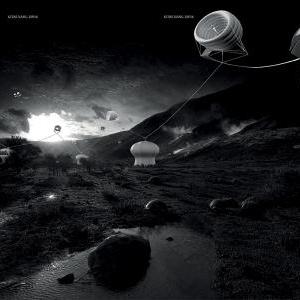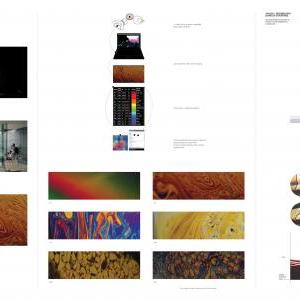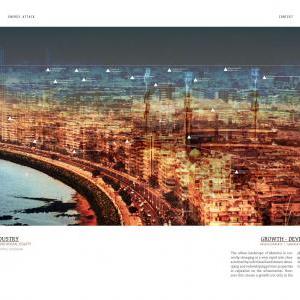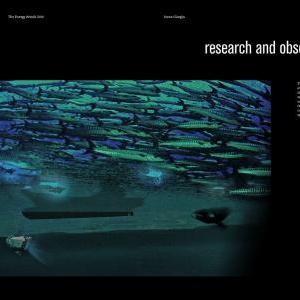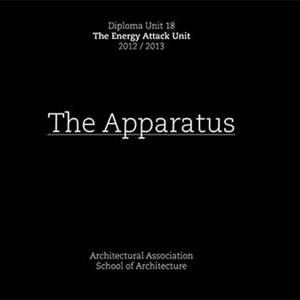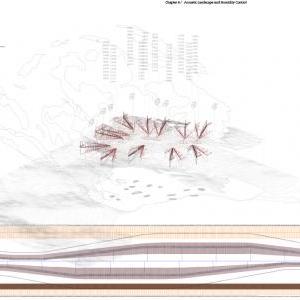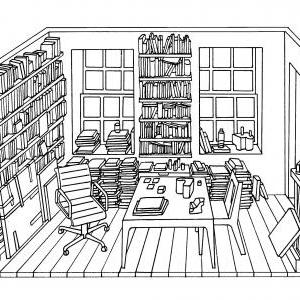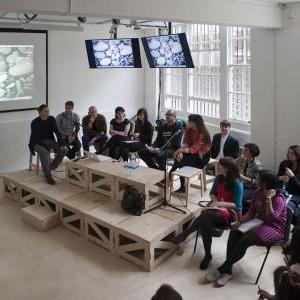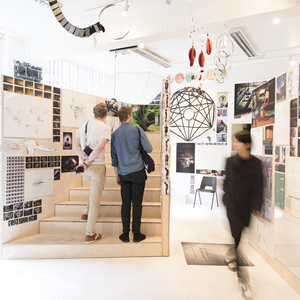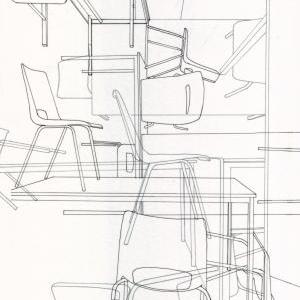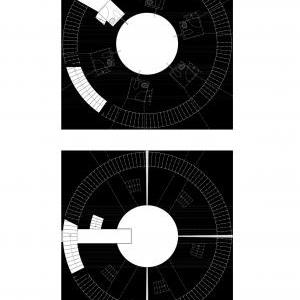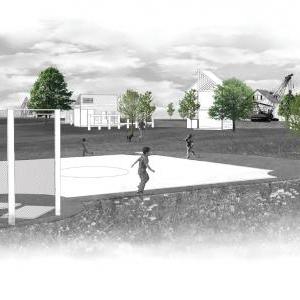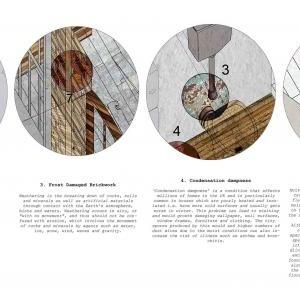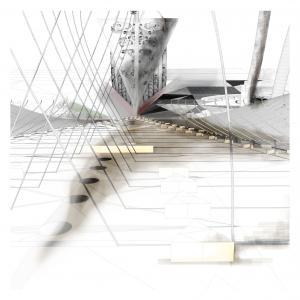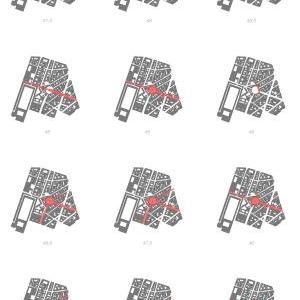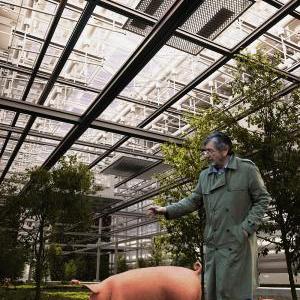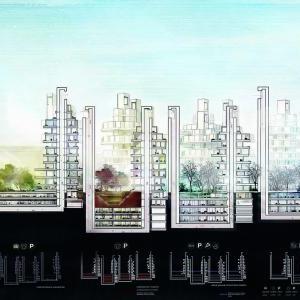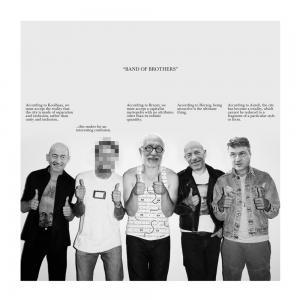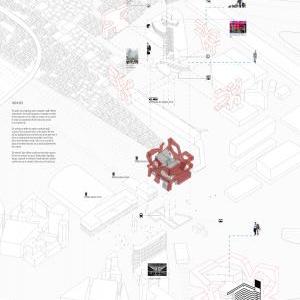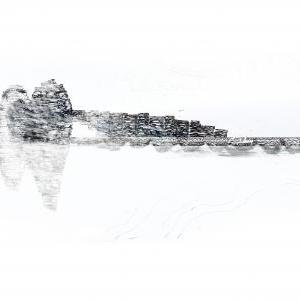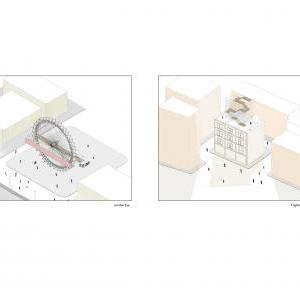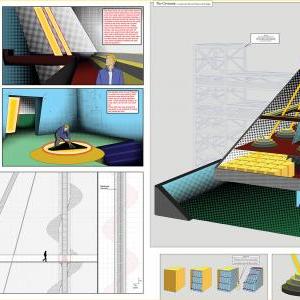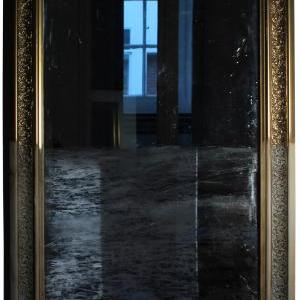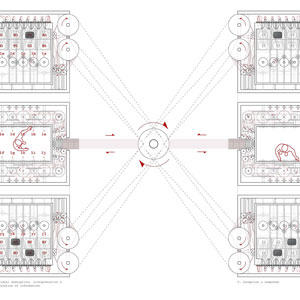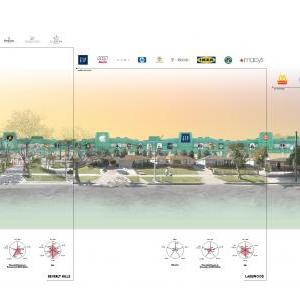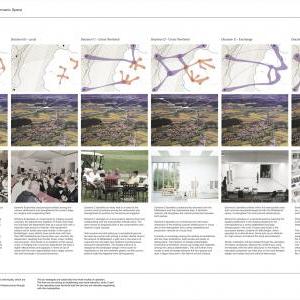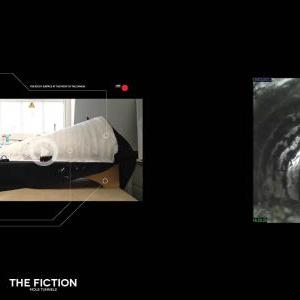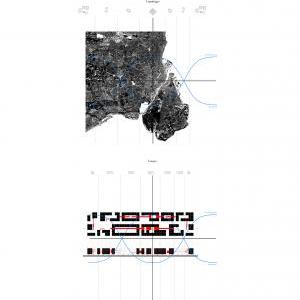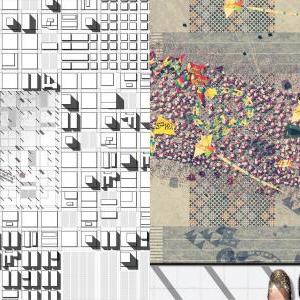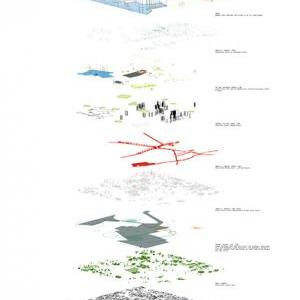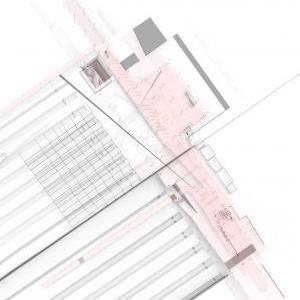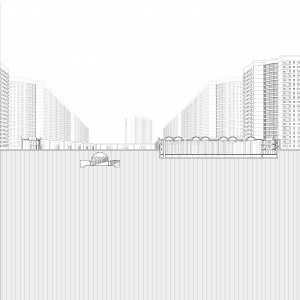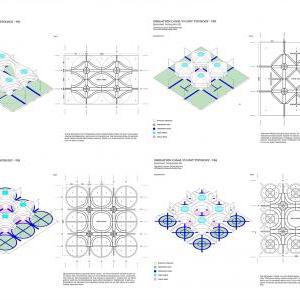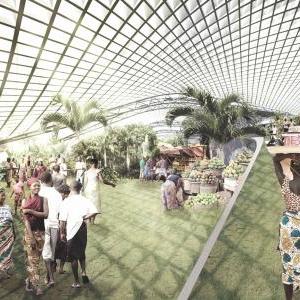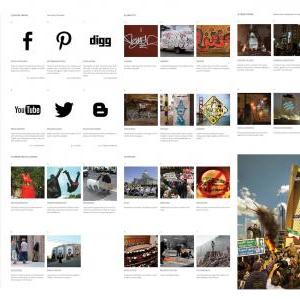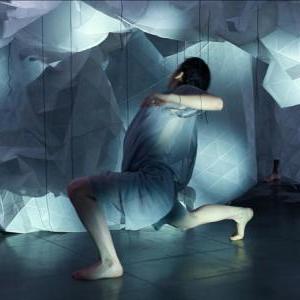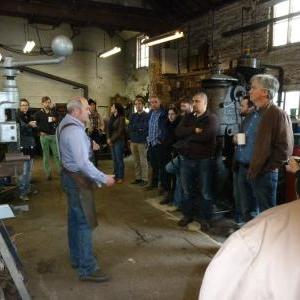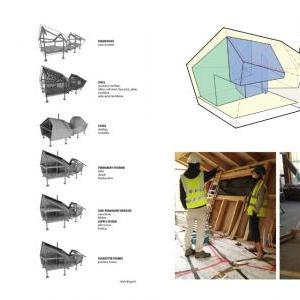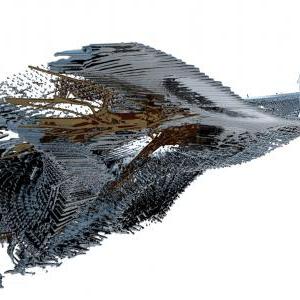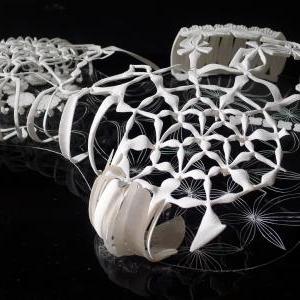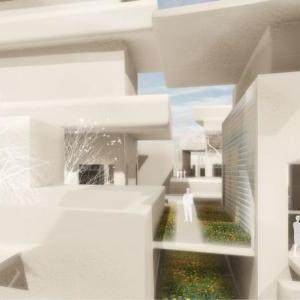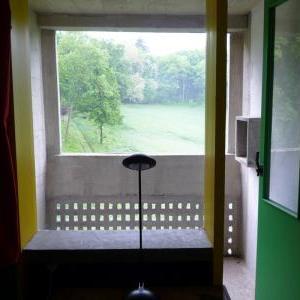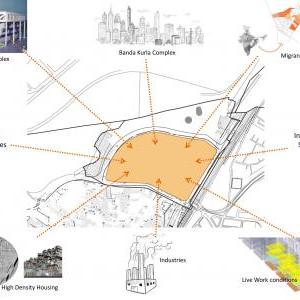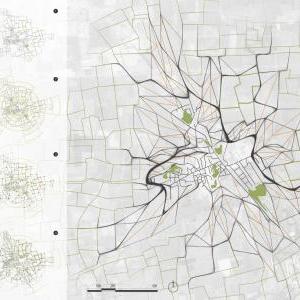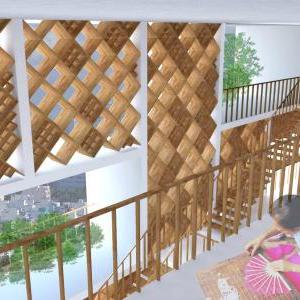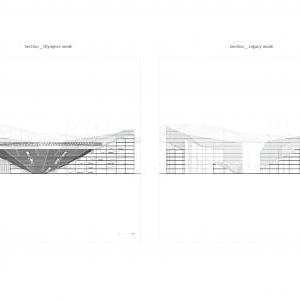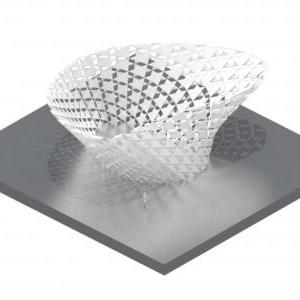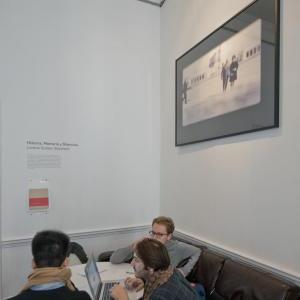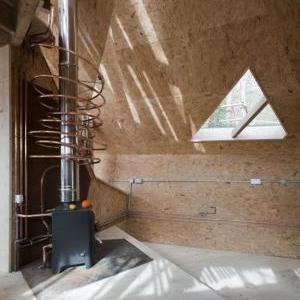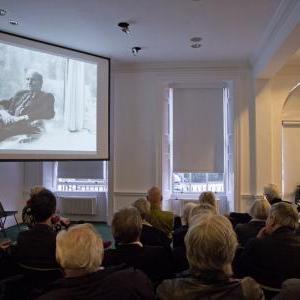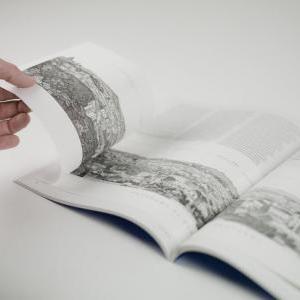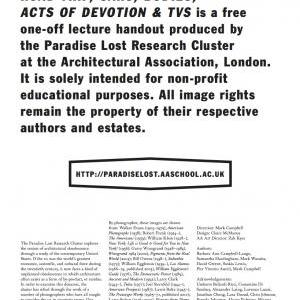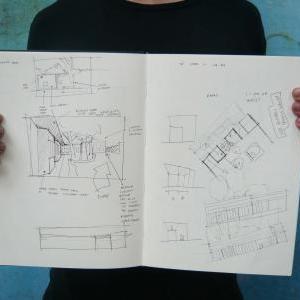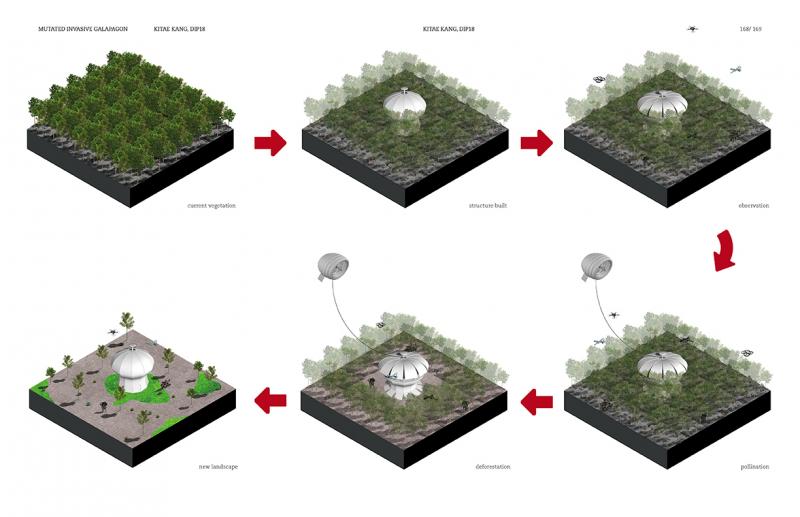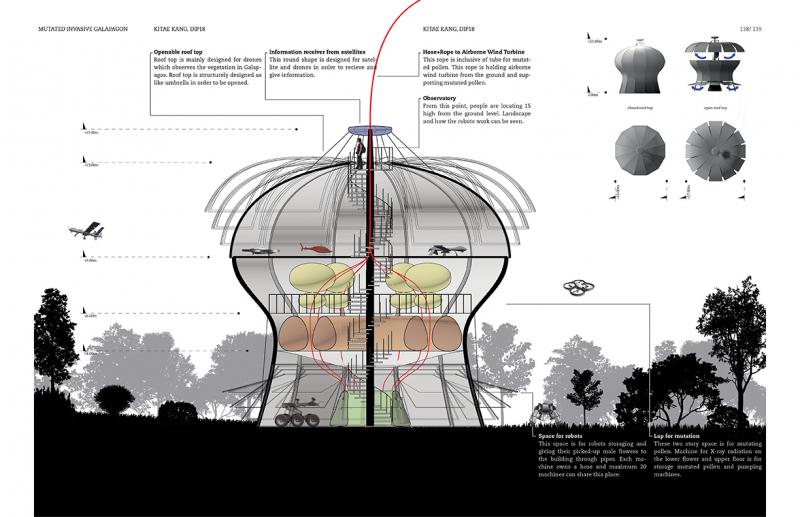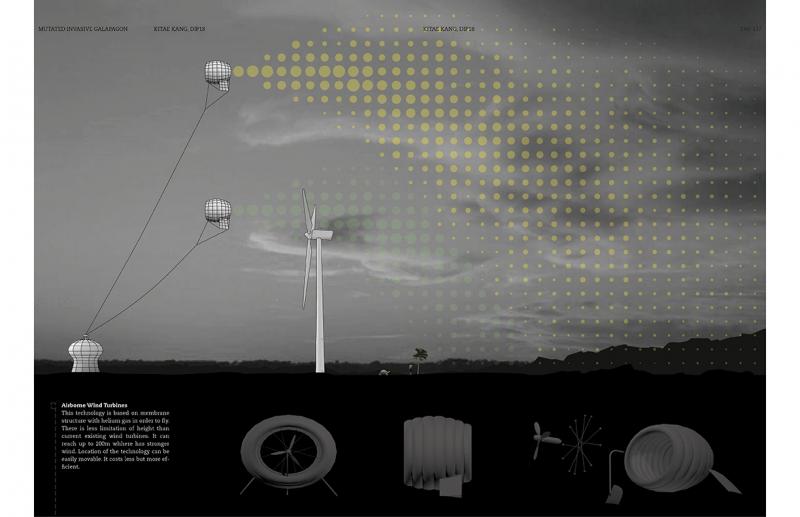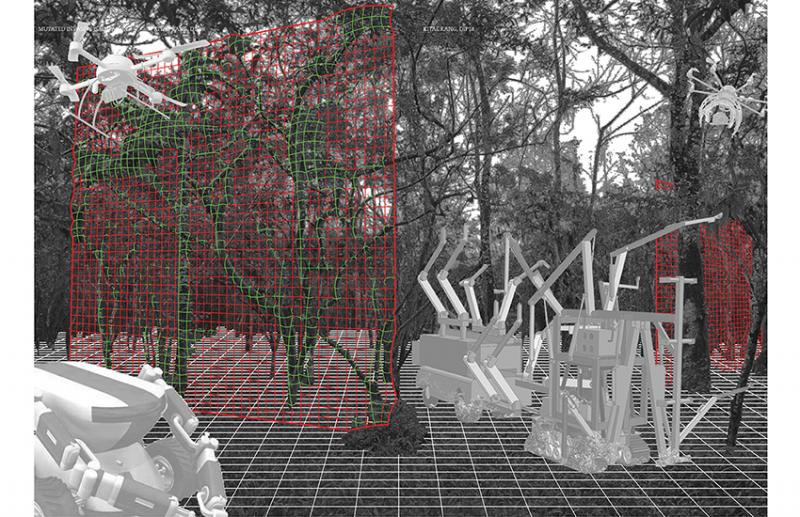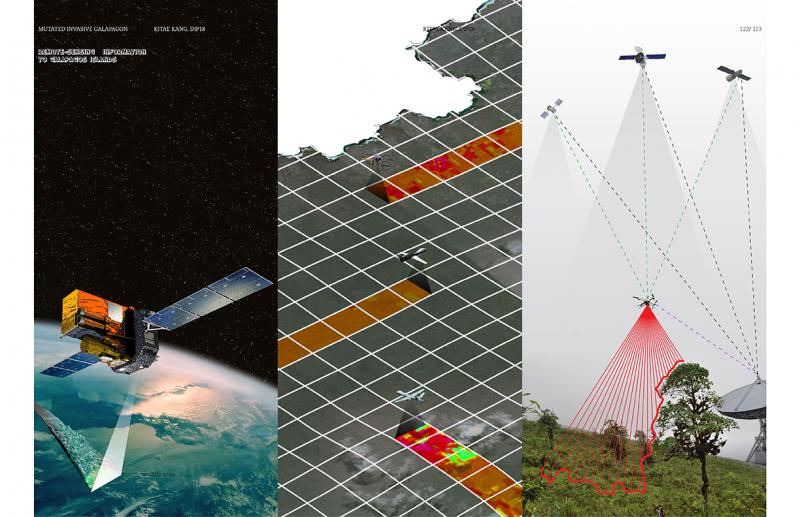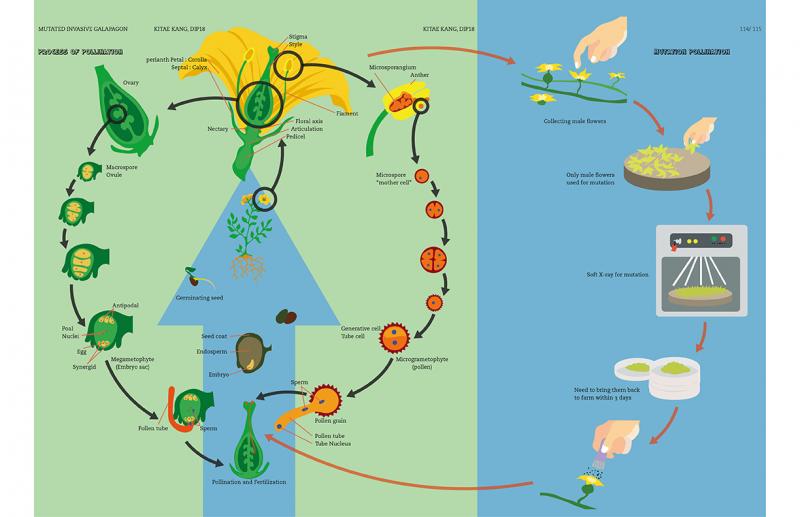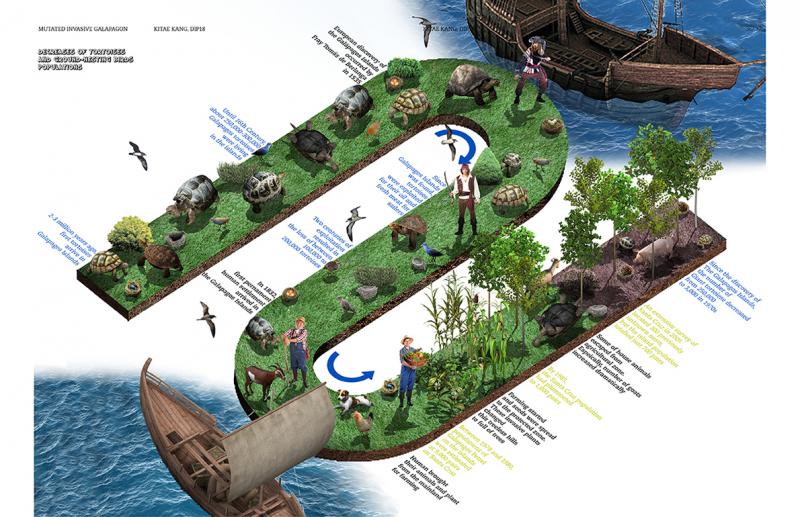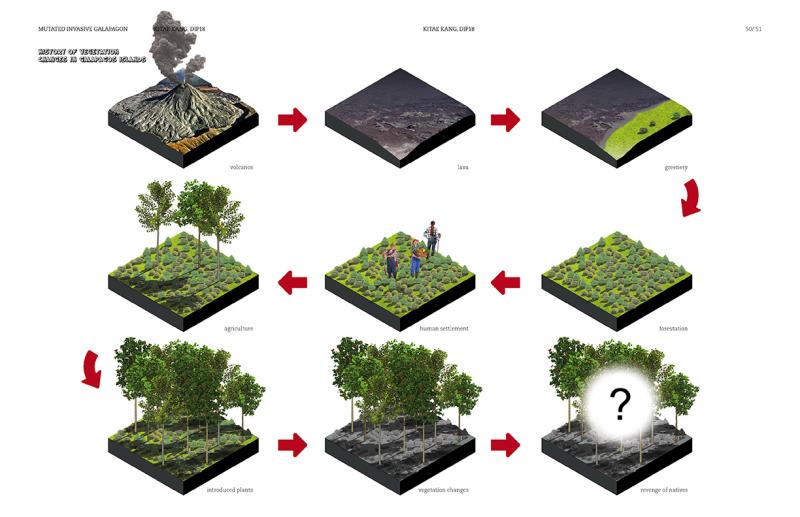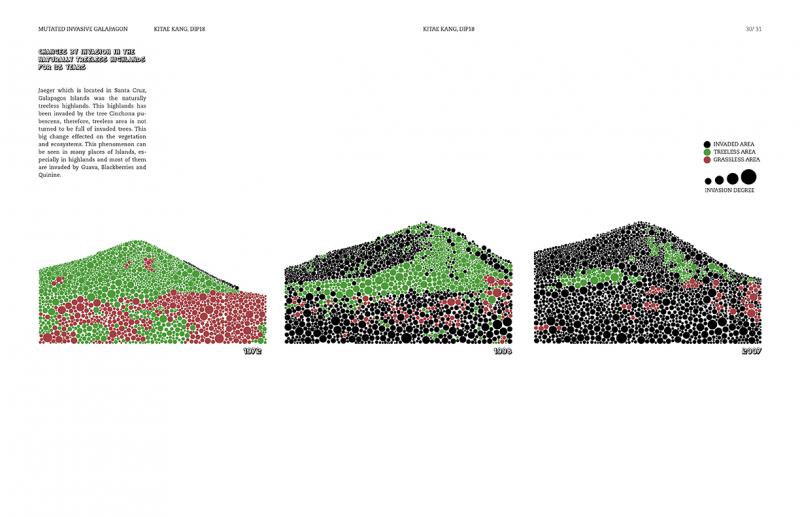After two years of focusing on the exploration of global warming related to problematic scenarios, Diploma 18 took this year to dive into the exceptional ecosystem of the Galapagos Islands. This environment, where nature dominates, served our unit as a live laboratory for studying an apparently virgin system. To work in this context, the unit explored the lightest buildings to date, gaining knowledge of membrane materials and inflatable structures, which allowed
us to delve into science and fiction. This extended our long-term relationship with artist Pep Bou, who exposed us to the world of bubbles, form, ephemerality and ambient conditions of humidity or light while examining the phenomenon of physics. We also studied computational dynamics that mimic and simulate animal behaviours of local species in the lead up to our visit to the Galapagos. The expedition to the archipelago was an occasion for us to understand a context that lives according to the rhythms of nature, but is thoroughly organised as an ecosystem in which man is irremediably implicated through political dynamics, social actions, scientific research and environmental threats.
The projects that unfold from this confront the Galapagos and other regions of the world. They propose empathic solutions from infrastructural to molecular scale, and they attempt to raise a green consciousness in architecture.
Protocol Island – learning from animal species and their self-sufficient character
Light Trails – an exploration of coastal maritime environments that target illegal fishing
@ekwti – an empathic attack on the urban fabric of Kuwait propagated on Instagram the Schizophonic Retreats – explorations into the materiality of sound
Scavenging Celebration – a shift in organisation of communities of the River Citarum Cloud Inhabitant – acoustic condensation system in Peru
Galapagoisation – artificial aerial river for the Galapagos Islands
Degrowth Industry – shifting electromagnetism, facilitating ecological rehabilitation
Educating in Nature – a new pedagogical model that instrumentalises nature
Unit Staff
Enric Ruiz Geli
Edouard Cabay
Pablo Ros
Workshops with
Pep Bou
Mara Sylvester
Thomas Koetz
Guest Critics
Nuria Alvarez Lombardero
Alisa Andrasek
Peter Karl Becher
Eric de Broche
des Combes
Francisco Gonzalez de Canales
Javier Castañón
Ray Hall
Ali Mangera
Nacho Martí
Jesús de la Quintana
Areti Markopoulou
Adrian Priest
Theodore Spyropoulos
Brett Steele
Marco Vanucci
Ada Yvars
Kitae Kang
MUTATED INVASIVE GALAPAGON - Regulating the conflictive relationship between endemic and invasive species in the complex environment of the archipelago

